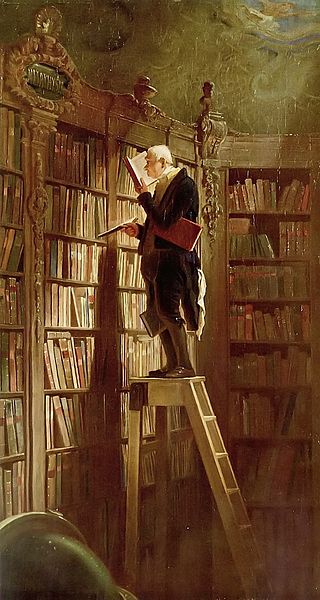Paul Ryder was an English bassist known for his work with Happy Mondays who are best-known for “Step On”, a 1990 cover version of “He’s Gonna Step on You Again” (1971).
Tag Archives: 1964
RIP Bernard Belle (1964 – 2022)
Bernard Belle was an American composer, producer, and musician known for writing and co-writing such songs as “Remember the Time” (1992).
He was, with Teddy Riley, a pioneer of the new jack swing era of music which erupted in the late 1980s and early 1990s.
RIP Mark Lanegan (1964 – 2022)
Mark Lanegan was an American singer, songwriter, author, and musician known for such compositions as “The Gravedigger’s Song” (2011).
Then there is “Crystalised”, a cover of a The xx song, which is featured on a rather interesting mix tape.
RIP Olivier Libaux (1964 – 2021)
Olivier Libaux was a French record producer and musician best known for his work with the cover band Nouvelle Vague. The band was known for its bossa nova covers of new wave songs.
In his solo career he released songs such as “Ils Sont Marrant les Gens” on the album Imbécile (2007), which means “people are funny”.
Question: did Olivier Libaux commit suicide?
RIP Biz Markie (1964 – 2021)
Biz Markie was an American rapper best known for his composition “Just a Friend“, which is on the Pitchfork 500.
RIP Françoise Cactus (1964 – 2021)
Françoise Cactus was a French musician and author.
Her band Stereo Total provided some music for the highly regarded TV series The Trap and All Watched Over by Machines of Loving Grace by Adam Curtis.
RIP Carlos Ruiz Zafón (1964 – 2020)
Carlos Ruiz Zafón was a Spanish novelist best known for his 2001 novel The Shadow of the Wind, the most successful novel in Spanish publishing history after Don Quixote.

The novel starts with the sentence:
“I still remember the day my father took me to the Cemetery of Forgotten Books for the first time.”
That first sentence is reminiscent of the first sentence of Marquez’s novel One Hundred Years of Solitude (1967):
“Many years later, as he faced the firing squad, Colonel Aureliano Buendía was to remember that distant afternoon when his father took him to discover ice.”
Once the boy is taken to this library with his father, this is what he sees, a library which has been compared to The Library of Babel (1941) by Jorge Luis Borges:
“The man called Isaac nodded and invited us in. A blue-tinted gloom obscured the sinuous contours of a marble staircase and a gallery of frescoes peopled with angels and fabulous creatures. We followed our host through a palatial corridor and arrived at a sprawling round hall, a virtual basilica of shadows spiraling up under a high glass dome, its dimness pierced by shafts of light that stabbed from above. A labyrinth of passageways and crammed bookshelves rose from base to pinnacle like a beehive woven with tunnels, steps, platforms, and bridges that presaged an immense library of seemingly impossible geometry. I looked at my father, stunned. He smiled at me and winked.
“Welcome to the Cemetery of Forgotten Books, Daniel.”
When you read the obituaries of Zafón, you read a lot about frustration of being a bestseller author lacking critical acclaim.
